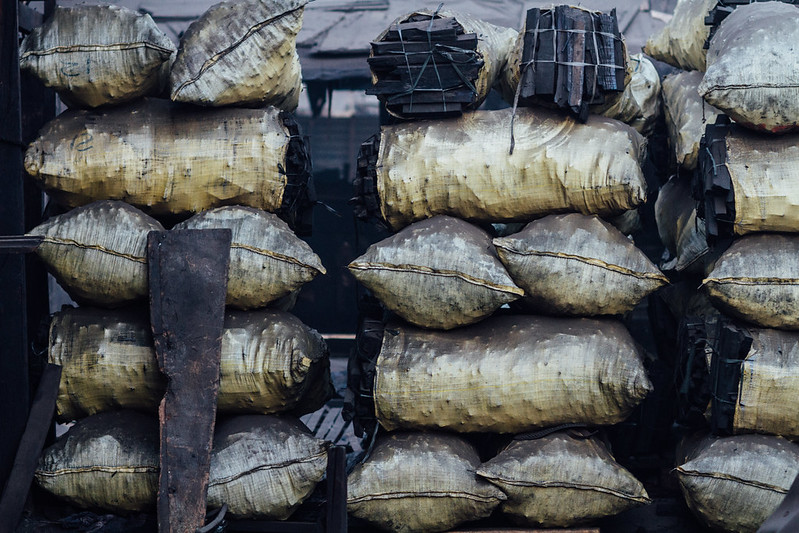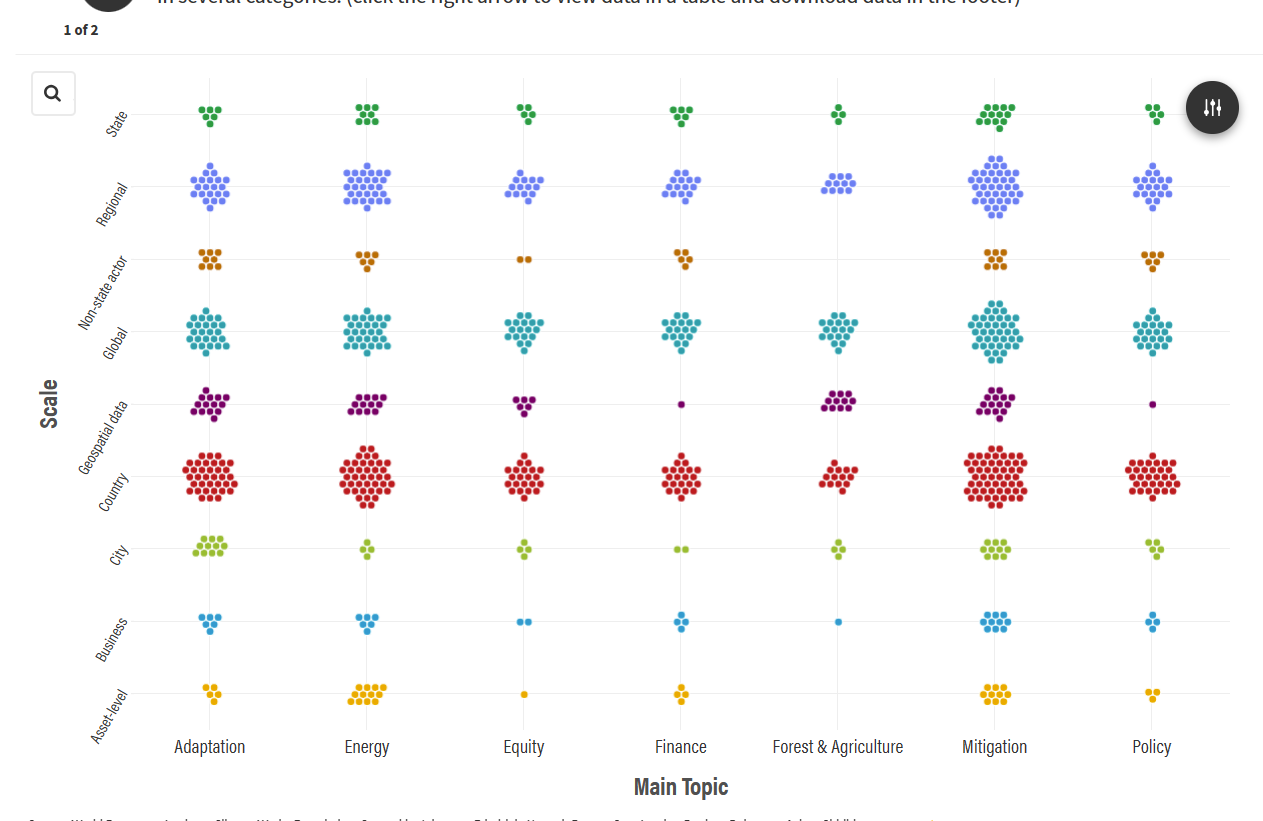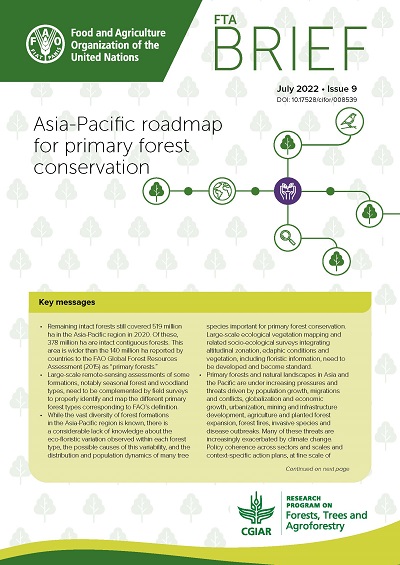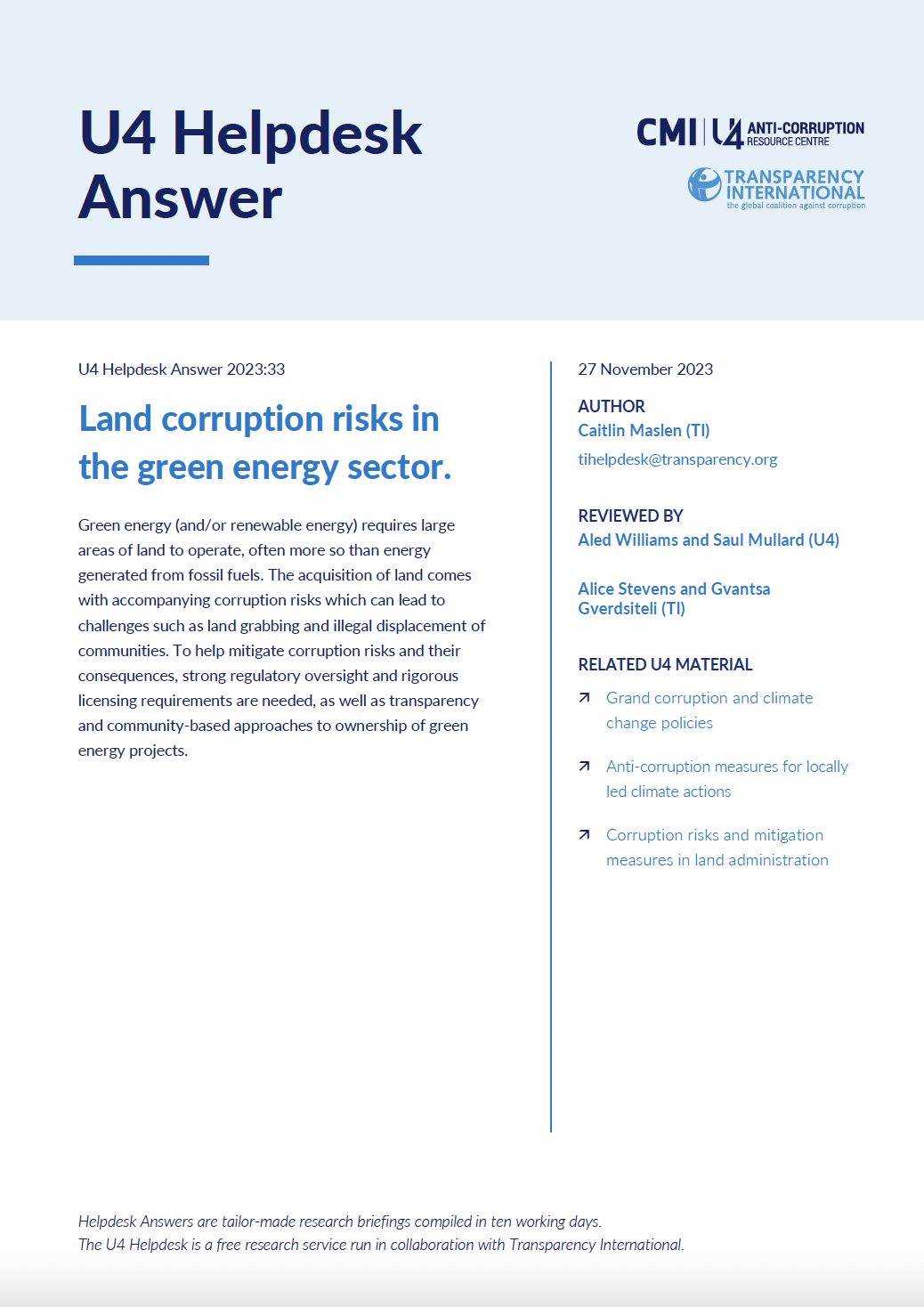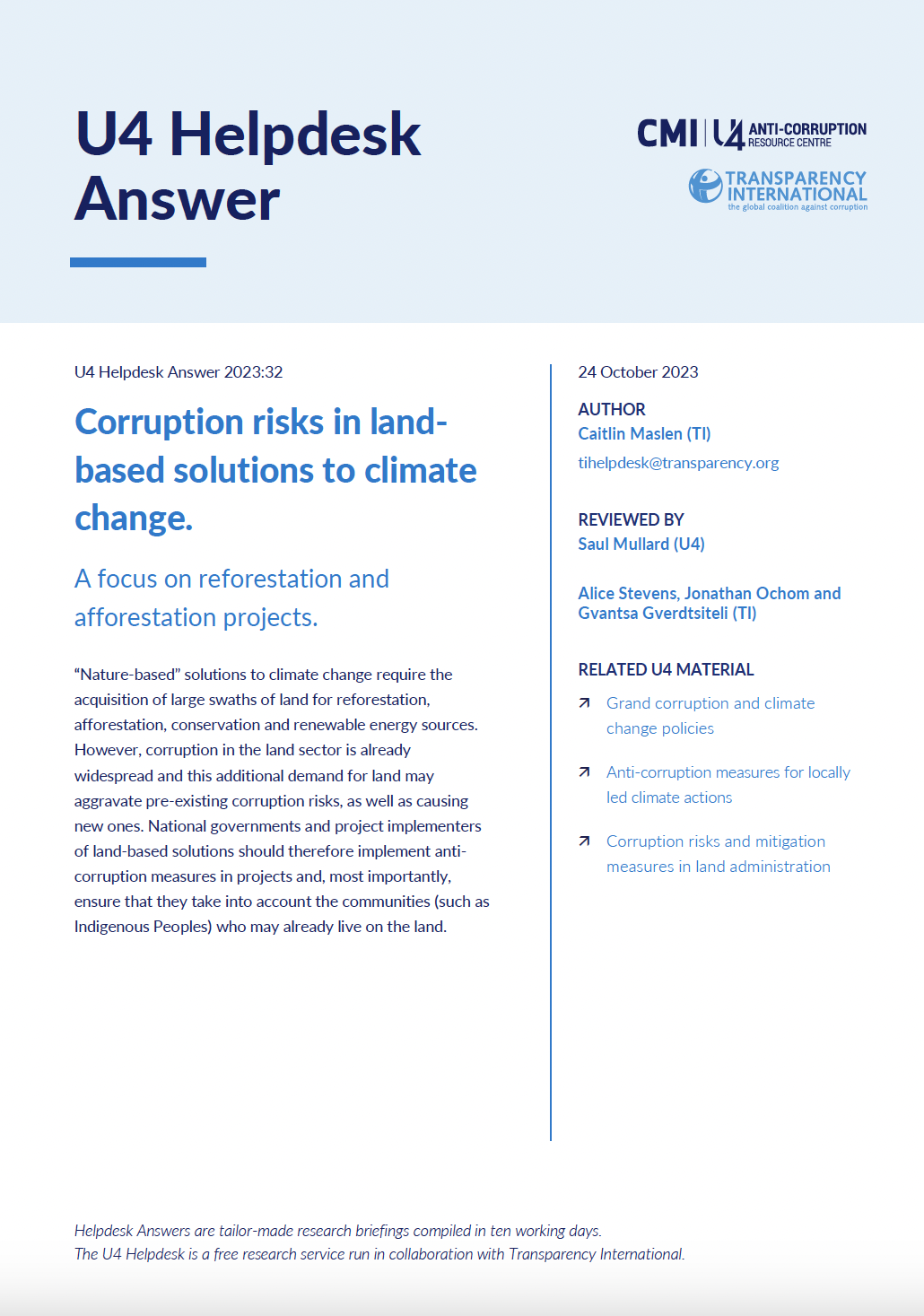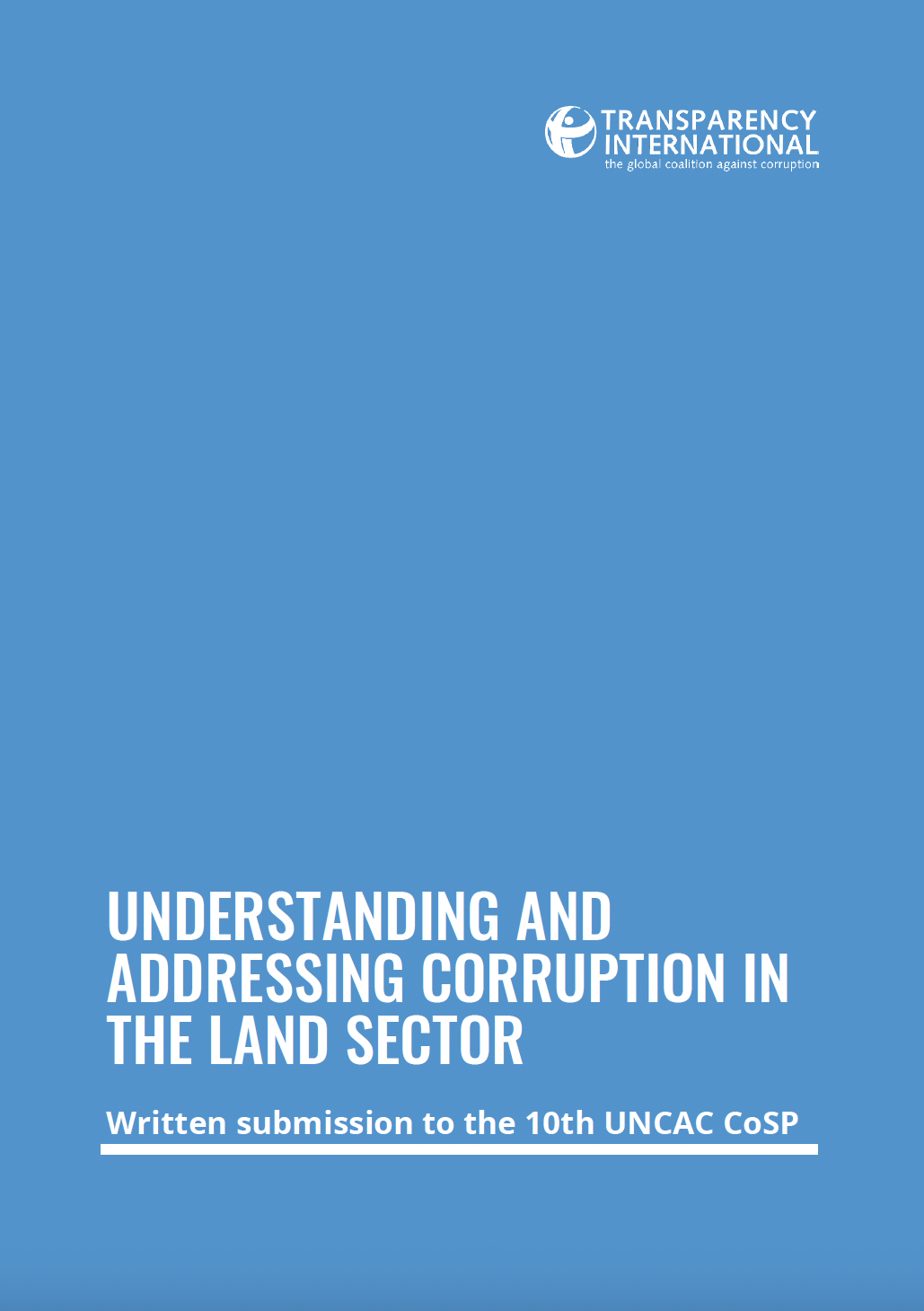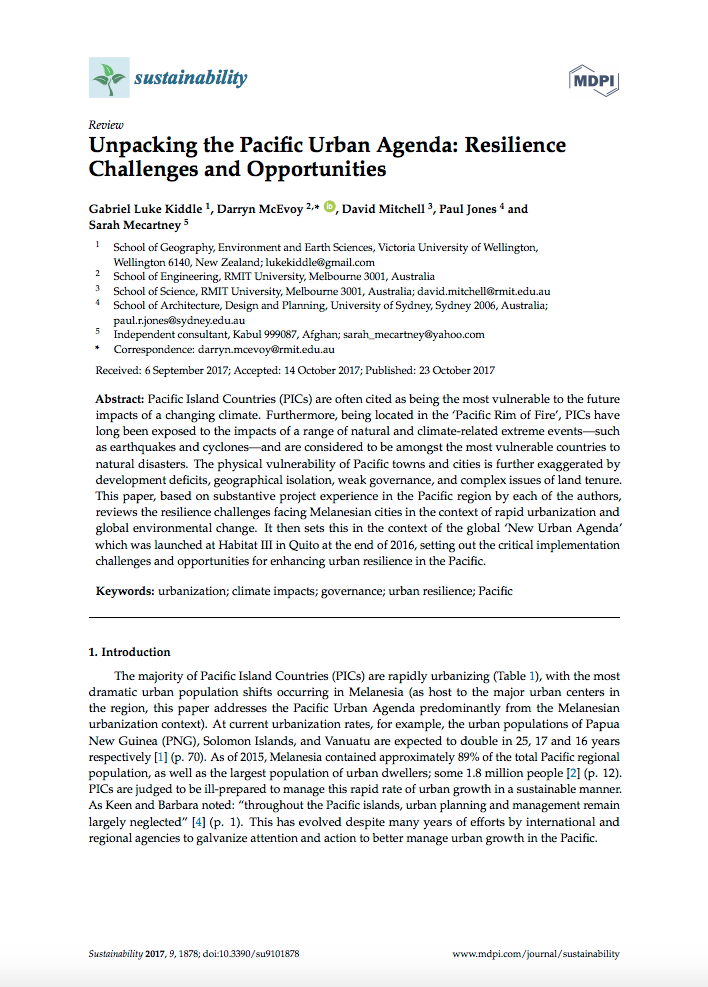What is climate change adaptation?
Humans have been adapting to their environments throughout history by developing practices, cultures and livelihoods suited to local conditions – from the Mediterranean siesta to the Vietnamese practice of building homes on stilts to protect against monsoonal rains. However, climate change raises the possibility that existing societies will experience climatic shifts (in temperature, storm frequency, flooding and other factors) that previous experience has not prepared them for.

